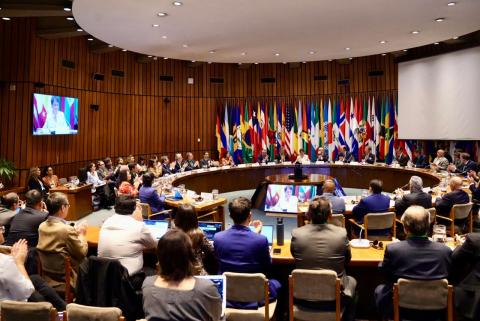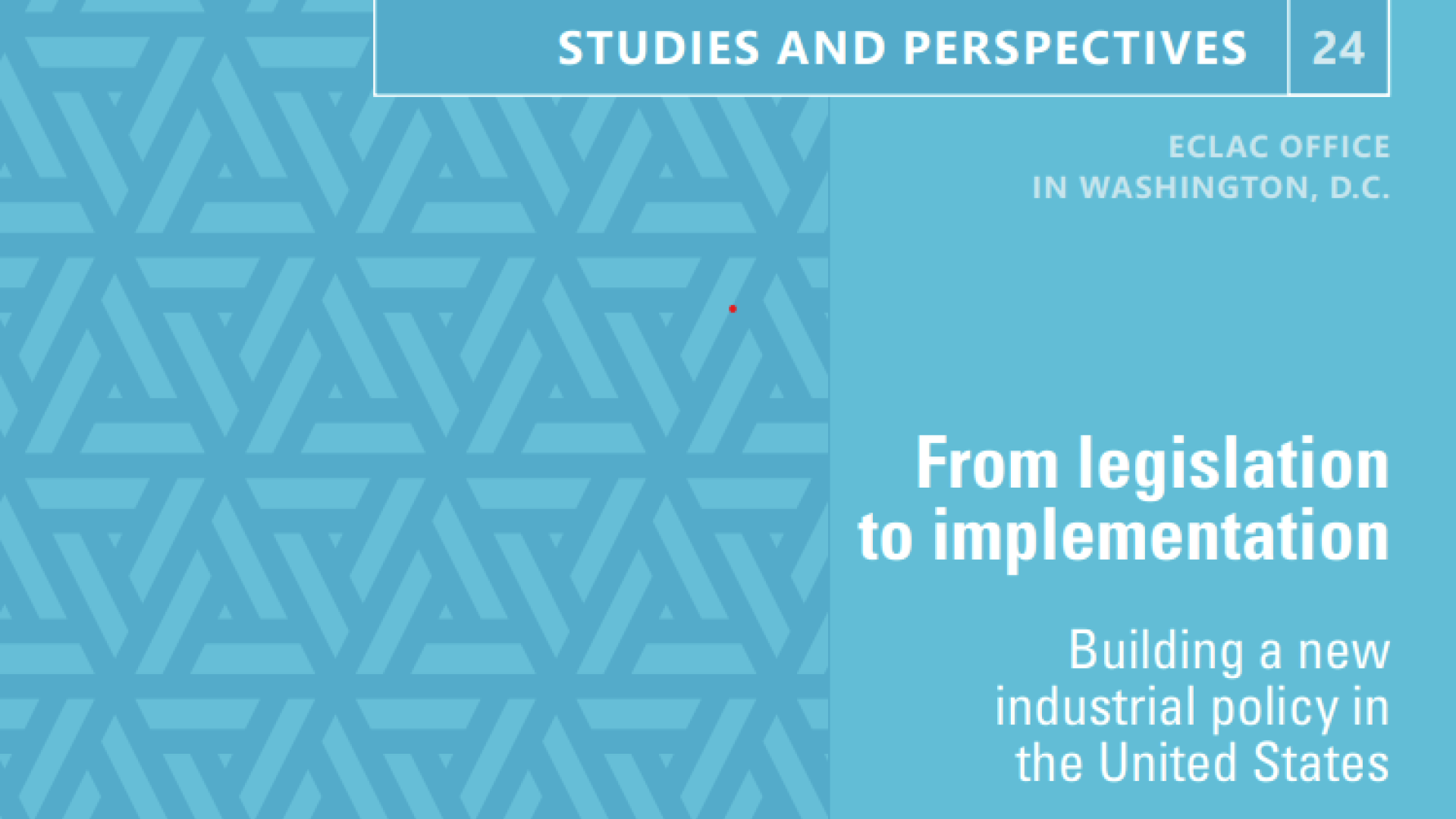Speech
Road sector authorities and experts from 35 countries will gather until Friday, October 31, at the headquarters of the Economic Commission for Latin America and the Caribbean (ECLAC) in Santiago, Chile to analyze the sector’s challenges on the path towards sustainable development.
The officials will analyze along with various industry actors the general issues and main trends in construction and highway management, as well as transportation facilitation, the mitigation of its external impacts and the functioning of public-private alliances.
The meeting of the Council of the World Road Association (AIPCR/PIARC) and the Board of Directors of Iberian and Latin American Roads (DIRCAIBEA) was inaugurated this Wednesday, October 29, by ECLAC Deputy Executive Secretary Antonio Prado and Sergio Galilea, Chile’s Undersecretary of Public Works.
Upon welcoming participants, Antonio Prado said that ECLAC has called on the region’s governments to build modern and flexible public policies for infrastructure and transportation, because the efficient provision of those services improves economic agents’ productivity and competitiveness, as well as people’s quality of life.
“In terms of infrastructure and transportation policies, it is clear that the current sectorial relations between the market, state and society have not maximized the positive effects of infrastructure services on development (…) There is a need to develop integrated and sustainable public policies on logistics and mobility that can become state matters, with a long-term vision and less exposure to economic fluctuations,” Prado stressed.
In his speech, Sergio Galilea thanked ECLAC for hosting this meeting and highlighted the Chilean experience in infrastructure matters during the last 20-25 years, when many advances were made, especially in terms of roads. For example, there are currently 13,000 kilometers of secondary roads built in rural areas, which has helped those regions overcome poverty.
“Roads, highways, our infrastructure, the road network and its perfection constitute a substantial element for advancing simultaneously on development, productive diversification, equity and social integration,” Galilea said.
The inauguration was also attended by Oscar de Buen, president of PIARC’s Executive Committee, and Mayobanex Escoto, DIRCAIBEA’s president, as well as government representatives.
More information on ECLAC’s website.

